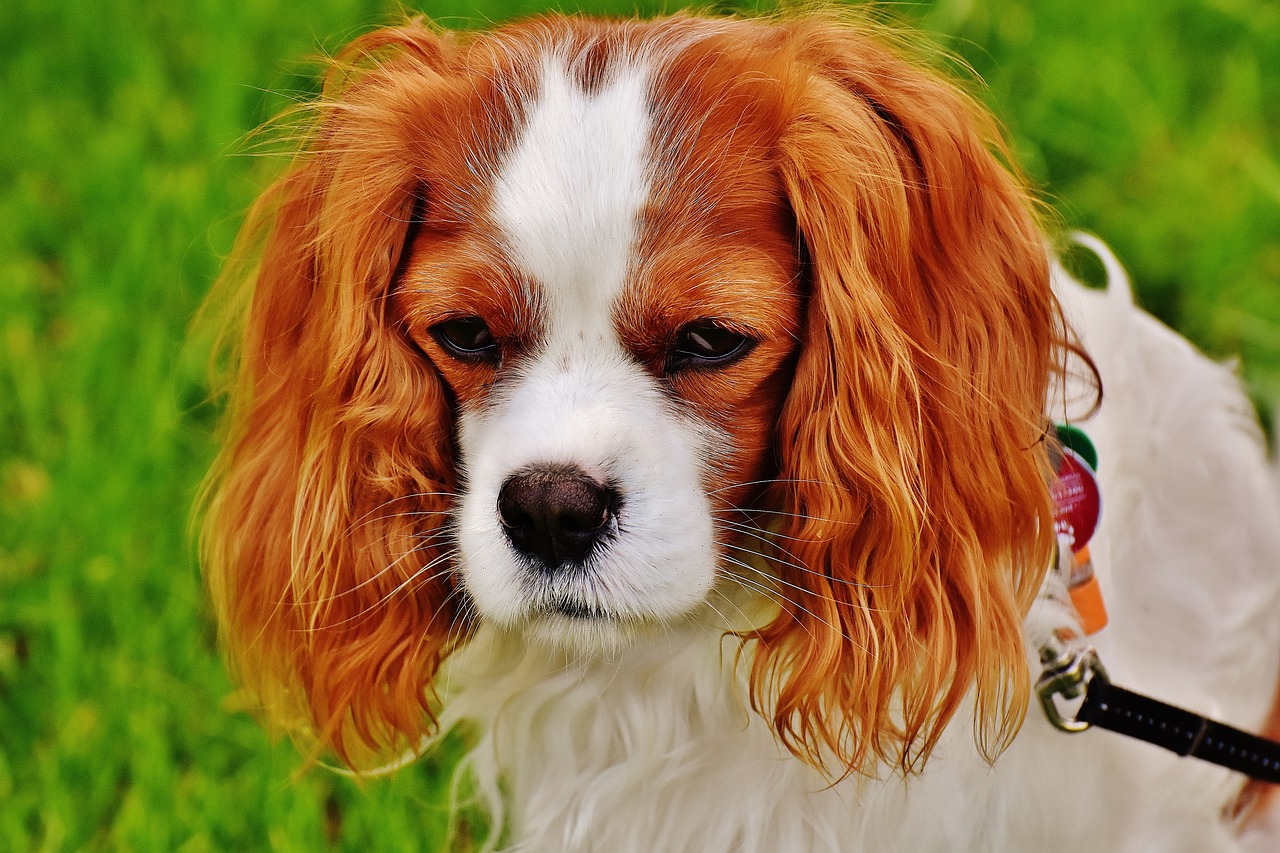
Is your dog injured, poisoned, or bitten by a snake? Get the simplest first aid to give to your dog as you prepare for a vet visit.
First aid is the immediate treatment or things done to stop, reduce, or alleviate the disease or conditions in your dog.
First aid temporarily relieves your pet as you seek advanced veterinary treatment.
In this blog, we give you the simplest first aid for different conditions in dogs, i.e., poisoning, accidents, snake bites, dog fights, etc., that you can give to your dog as you look for further veterinary guidance.
What is the best first aid for dogs?
First aid varies depending on the condition your dog has.
Before giving any first aid to your dog, seek veterinary guidance from a professional via the quickest means of communication.
The commonly prescribed first aid to dogs by vets include:
First aid for dogs given poison
- Immediately remove the source of the poison.
- Give your dog plenty of drinking water.
- Allow your dog to vomit.
- Administer drugs that induce vomiting to help expel any poison that has not yet been absorbed in the body.
- When the vomiting stops, give your dog activated charcoal.
- Do not administer activated charcoal and milk together, as they are less effective when given simultaneously.
- Give your dog ORS to replace the lost electrolytes.
- Keep your dog in a warm and calm environment.
- Keep any sachets that contain poison or substances related to the poisoning. These can help the veterinarian identify the nature of the poison.
- Go to the nearest veterinarian for further management.
- Give a detailed history of the first aid given.
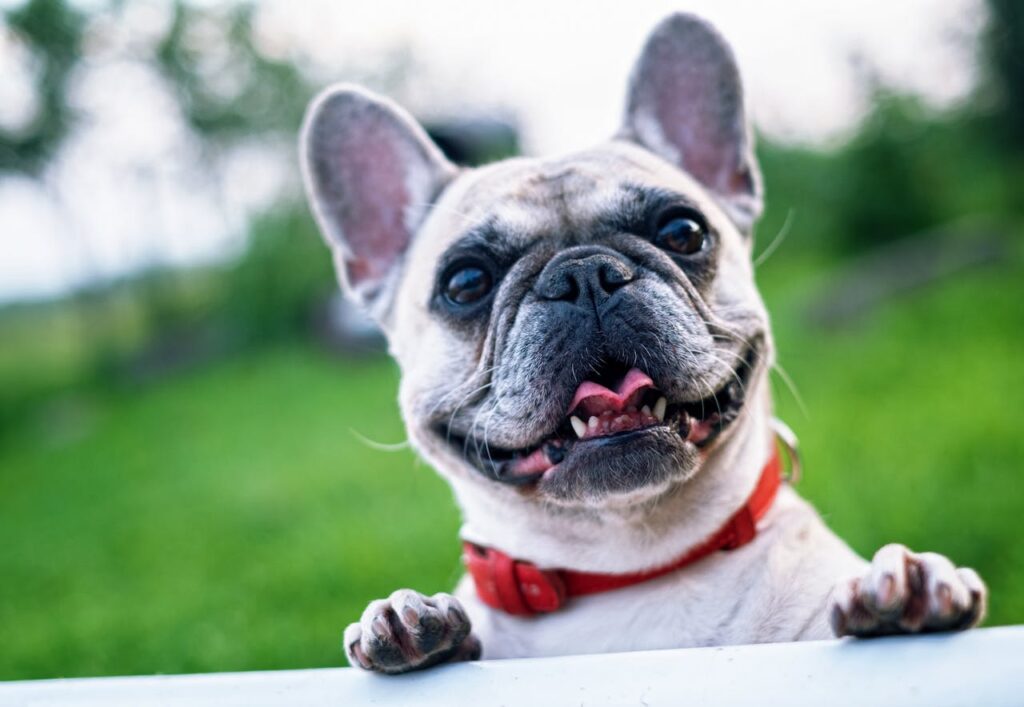
First aid for dogs got involved in an accident (knocked by a car or boda boda).
- Remove the dog from the road or the site where he has been knocked to a comfortable, calm place.
- Check for any external bleeding. If any, apply gentle pressure to the area using clean, disinfected cotton.
- Clean the wounds with disinfectant, i.e., chlorohexidine, iodine, or surgical spirit.
- Give over-the-counter painkillers, e.g., dexamethasone.
- Give over-the-counter antibiotics.
- Check for any fractures. If you find any, keep the dog in a comfortable place.
- Keep your dog calm and relaxed.
- Give your dog drinking water when he is in a calm state.
- Take your dog to the nearest veterinarian to check for internal bleeding, do an x-ray to look out for any fractures, and give professional treatment.
- Give the history of the first aid given.
First aid for dogs that have eaten chocolate
- Remove the source of chocolate.
- Allow your dog to vomit out the chocolate that has not been absorbed.
- Give drugs that cause vomiting.
- When the vomiting stops, give your dog activated charcoal.
- Do not administer activated charcoal and milk together, as they are less effective when given simultaneously.
- Take your dog to the nearest veterinarian for further management.
- Give the history of the first aid given.
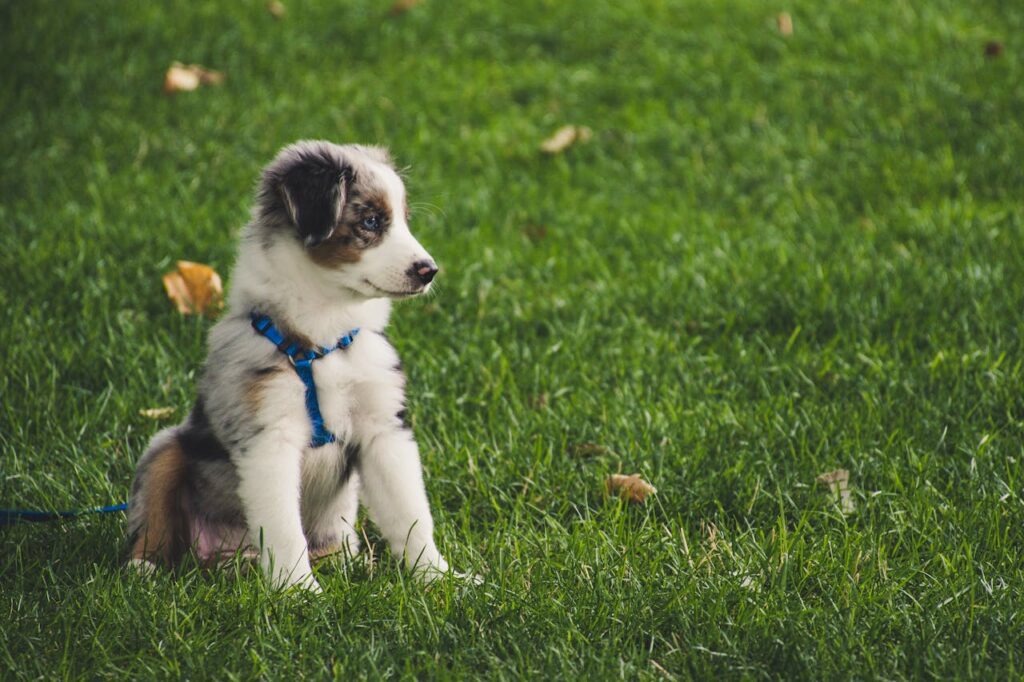
First aid for dog fights
- Gently separate the dogs.
- Put on an Elizabethan collar to prevent your dog from licking the wound.
- Check for any external bleeding. If any, apply gentle pressure to the area using clean, disinfected cotton.
- Clean the wounds with disinfectant, i.e., chlorohexidine, iodine, or surgical spirit.
- Give over-the-counter painkillers, e.g., dexamethasone.
- Give over-the-counter antibiotics.
- Check for any fractures. If you find any, keep the dog in a comfortable place.
- Keep your dog calm and relaxed.
- Give your dog drinking water when he is in a calm state.
- Take your dog to the nearest veterinarian to check for internal bleeding, do an x-ray to look out for any fractures, and give professional treatment.
- Give the history of the first aid given.
First aid for a dog with a bone stuck in the mouth
- Stop feeding and withdraw all the bones.
- Check out for bleeding or damage to the tissues by the bone.
- Gently remove the bone if it’s hard or damaging the tissues, stop, and take the dog to the nearby vet doctor.
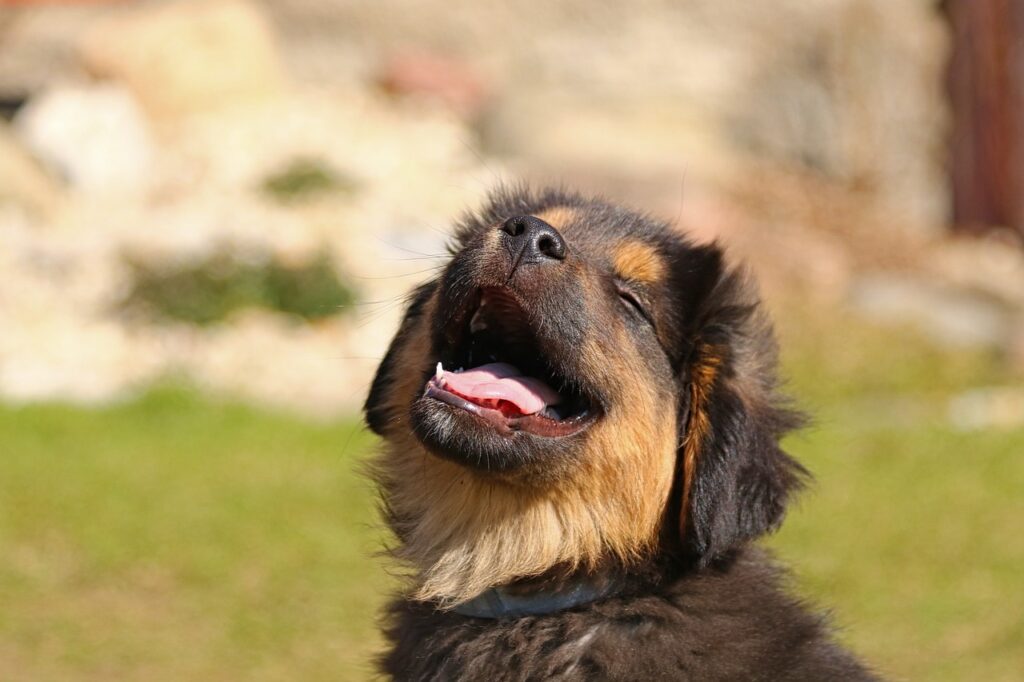
First aid for dogs cut by barbed wire, glass, iron sheet, etc.
- Remove foreign materials, e.g., pieces of glass, from the wound.
- Put on an Elizabethan collar to prevent your dog from licking the wound.
- Check for any external bleeding. If any, apply gentle pressure to the area using clean, disinfected cotton.
- Clean the wounds with disinfectant, i.e., chlorohexidine, iodine, or surgical spirit.
- Give over-the-counter painkillers, e.g., dexamethasone.
- Give over-the-counter antibiotics.
- Check for any fractures. If you find any, keep the dog in a comfortable place.
- Keep your dog calm and relaxed.
- Give your dog drinking water when he is in a calm state.
- Take your dog to the nearest vet for further treatment and stitching if the wound is deep.
- Give all the history of the first aid given to your dog.
Conclusion
Even when the dog seems fine after first aid, seek further veterinary guidance to check for unseen underlying conditions.
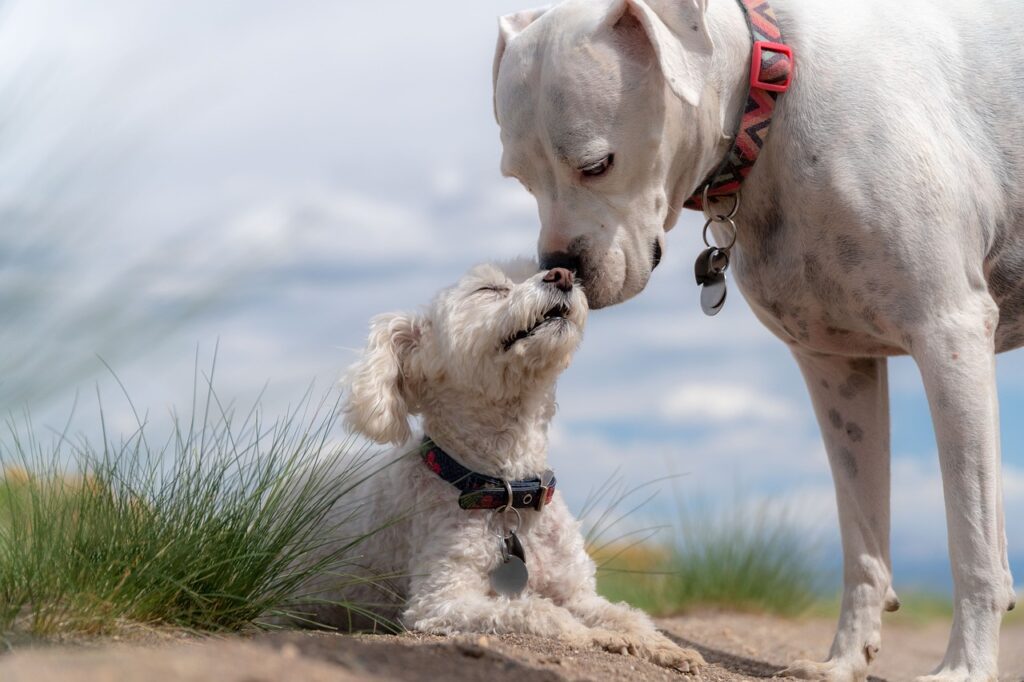
Contact us call / WhatsApp +256771909946 for free consultations on the current state of your pet
Don’t forget to read the related posts below and share them with other responsible pet owners.
Read about the most common parasites among pets in Uganda
Read about how to get a pet health certificate for dogs and cats in Uganda
Read about TVT among dogs in Uganda
Read about cat cocktail vaccine
Read about rabies antibody titer test for pet travel
Read about the contents of genuine vaccination cards
Read about the dog cocktial vaccine
Read about parvo test in Uganda
Most common dog breeds in Uganda
Read about the cost of testing for parvo among dogs in Uganda
Learn how to feed cats in Uganda
Read about adopting a dog in Uganda
Is adopting a dog better than buying a dog
Read about the basic needs of a dog
Read about causes and treatments of nose bleeding in cats
Read about the common cat diseases in Uganda
Read about FAQS to vets by cat owners
Causes and treatments of tail biting among dogs
Read about toxic foods and fruits to dogs in Uganda
Read about eye boogers in dogs
Learn how to keep your dog’s teeth white, clean, and healthy
Read about the causes and treatments of vomiting among cats
Know the cost of a dog checkup in Uganda
Read about the causes and treatments of swollen tummy in dogs
causes and treatment of hair loss in cats
Deworming schedule for puppies and adult dogs
What can I do to help my dog live longer?
Read about cataracts or cloudy eyes in cats
vaccination schedule for cats in Uganda
21 Questions to Ask Yourself Before Getting or Adopting a Dog
Read about the 5 killer diseases for dogs in Uganda
Vaccination schedule for dogs (puppies) in Uganda
Read about the causes and treatments of vomiting among dogs
Read about the cost of treating a dog in Uganda
Read about if humans can get parvo
Get know if teething can kill a puppy
Read about how puppies get parvo
Find the best treatment for parvo in dogs.
Read about the price of spaying a dog in Uganda
Read about the prices of vaccinating a dog in Uganda
Read about the price of parvo treatment in Uganda
Read about the treatment of intestinal adhesion in dogs.
Read about the causes and treatment of hernias in dogs.
Read about the causes and treatment of weight loss in dogs.
Read about the loss of hair in dogs.
Read about the causes and treatment of bad breath in cats.
Read about 10 simplified steps for grooming a pet.
Learn the 8 steps of trimming the nails of your dog.
Read the causes of scratching in dogs.
Read the causes and treatment of ear infections in dogs.
Read the causes, prevention, and treatment of bloat in dogs
Reab about the causes and treatments of curled toes in turkeys
Read about causes and treatment of cancers in dogs
Vaccination schedule for dogs (puppies) in Uganda
